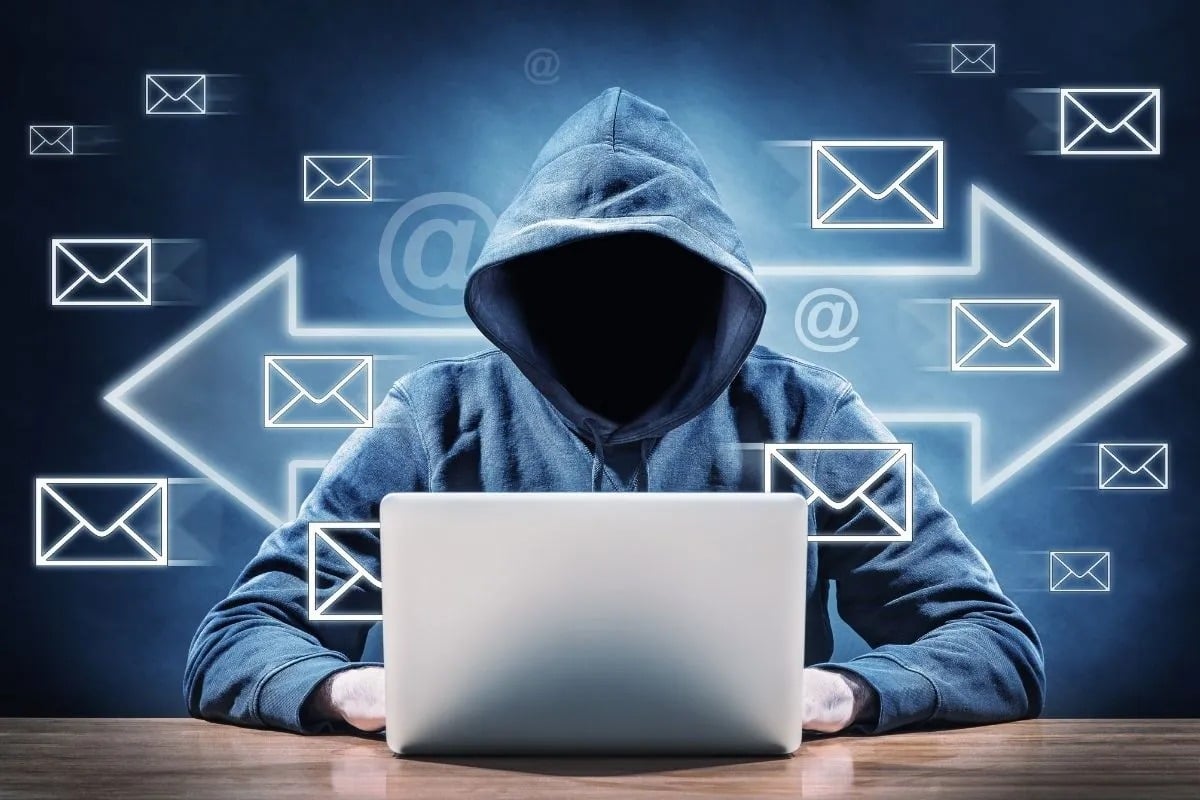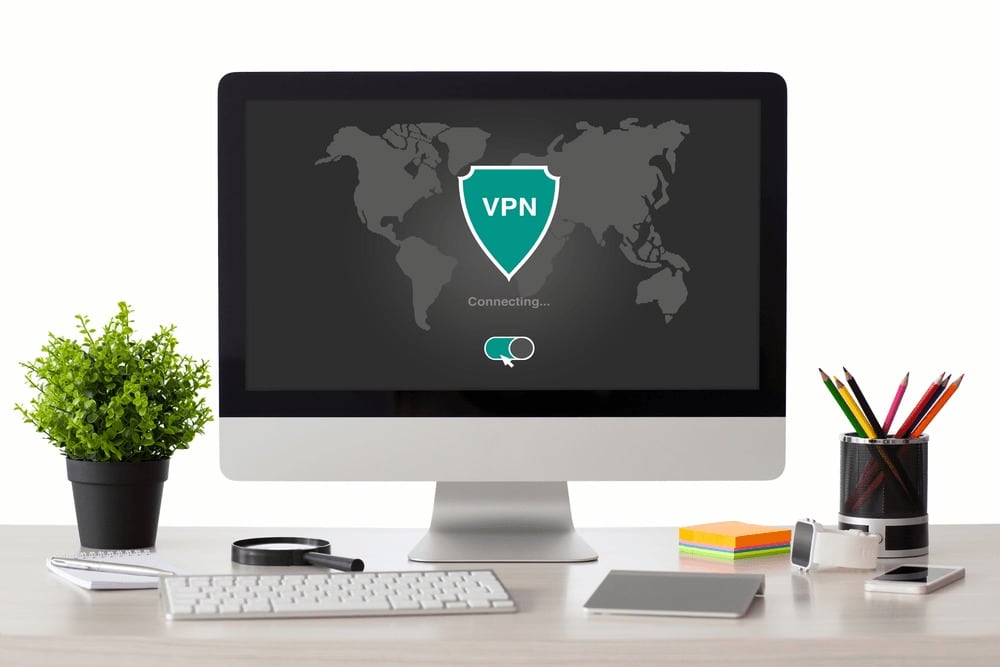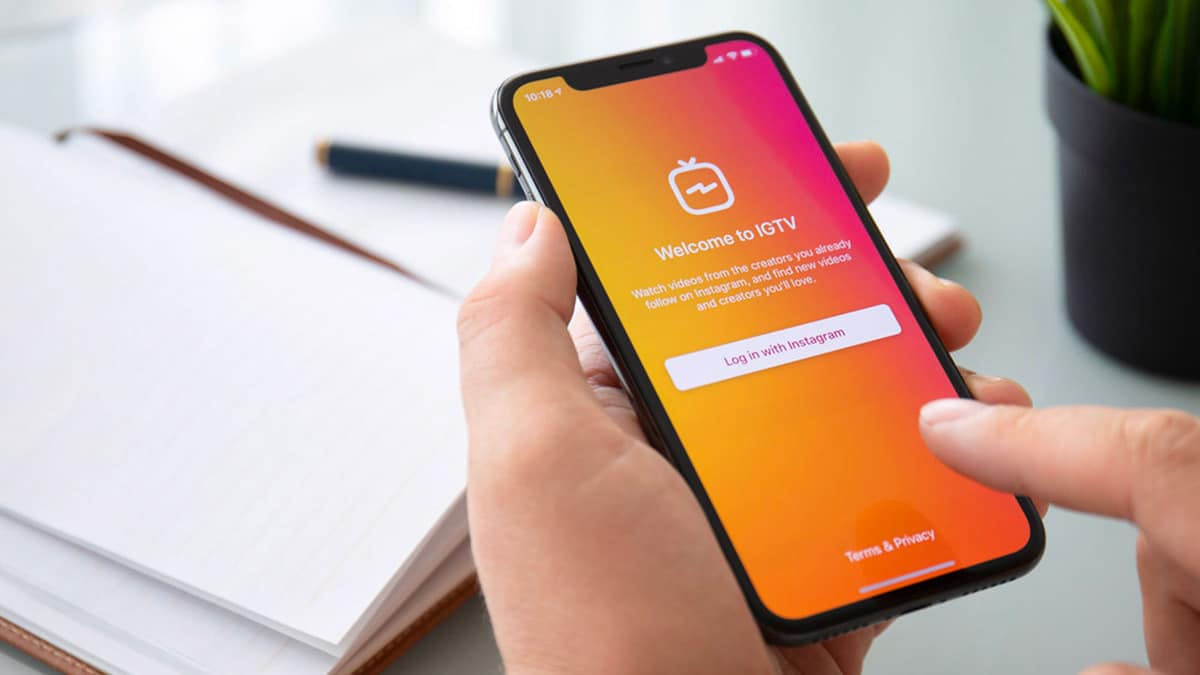As our kids‘ lives become increasingly digital from a young age, online dangers also grow. Parents gain peace of mind by monitoring children‘s inboxes. But does hacking your child‘s email cross an ethical line?
This guide will explore when parental hacking may be appropriate, how tools work, and expert advice on balancing monitoring with fostering trust.
Our Kids Live Online
Over 90% of teens use email daily. It allows them to communicate freely with friends and the online world.
But this connectivity comes with risks:
- 1 in 3 kids are bullied online. Email is a common venue for harassment.
- 57% of kids interact with strangers online, who may disguise their identities and intentions. Predators groom children via email communications.
- 70% of kids encounter inappropriate adult content by the age of 14, often sent by email.
As a parent, you naturally worry about protecting your child online. Gaining access to their emails can offer insights into threats they may face.
How Gmail Hacking Tools Work
Hacking tools use vulnerabilities in email providers like Gmail to gain access to inboxes. Features allow parents to:
- View all incoming and outgoing emails in real-time
- Check timestamps and recipient information
- Recover deleted emails
- Take screenshots of messages
- Track communications across multiple platforms
Advanced tools can even bypass Gmail security, reset account passwords, and block harmful emails automatically.
Some hacking tools operate in stealth mode. They run silently in the background of the child‘s device and remain undetected.
These programs provide comprehensive monitoring capabilities for concerned parents if used ethically.
Benefits of Parental Monitoring Done Right
"My son was showing signs of depression and risky behavior online. With his permission, I started monitoring his emails. I uncovered a predator who had been grooming him for months. We contacted authorities and got him counseling. Hacking his inbox saved him."
– Alice, Chicago mom of a 12 year old
Parents hack emails to protect, not punish. When done ethically, it has benefits:
- Stop threats early: Catch inappropriate communications, bullying, predators, plans for self-harm, etc. in real-time.
- Open conversations about safety: Let kids know you can see their emails. This deters risky behavior without needing to constantly snoop.
- Gain insight: Understand who your child interacts with online and what challenges they face. This allows you to better support them.
- Build trust: Children feel secure knowing you‘re looking out for them but not overreaching with surveillance.
Signs Your Child May Need Increased Monitoring
When is it appropriate for parents to consider respectfully asking to monitor emails? Here are some signs of concern:
- Withdrawing from family and friends
- Declining grades
- Visiting inappropriate websites
- Grooming by older individuals
- Secretive online communications
- Talking about self-harm
If you notice multiple issues, your child could be in danger online. Hacking into their emails may be justified to protect them, but only with their consent.
How to Monitor Your Kid‘s Emails Ethically
- Have an open talk first. Explain your concerns and why you feel monitoring may be necessary for their safety. Make it a two-way discussion.
- Get their uncoerced consent. This should be an informed, willing agreement free of guilt-trips or threats.
- Limit monitoring scope and duration. Only access what you need to keep them safe. Set an end date as they demonstrate responsible behavior.
- Use tools narrowly. Disable features that expose private details irrelevant to safety.
- Check in regularly. Ask kids if they feel the monitoring is still warranted or should be dialed back as they prove themselves trustworthy.
- Focus on support. If concerning behaviors appear, address them calmly with counseling, not punishment.
- Lead by example. Show kids how to communicate respectfully by avoiding anger or criticism if emails show poor judgment.
With care and consent, parental monitoring tools can support children‘s safety without breaking trust.
Protecting Your Own Inbox
As a parent using hacking tools, you must also secure your own email. Follow these best practices:
- Use strong, unique passwords on all accounts. Never reuse passwords.
- Enable two-factor authentication.
- Avoid clicking suspicious links that may install malware.
- Use antivirus and anti-phishing browser extensions.
- Review linked devices and remove any you don‘t recognize.
Proper security defends your inbox as you ethically monitor your child‘s account. Lead by example on good digital hygiene.
Conclusion: Open Communication is Key
Parental email monitoring provokes debate. Is it overreach or protection?
With consent and care, hacking tools can provide vital insights to shield kids from harm. But open communication must come first. Asking to monitor emails should be an ongoing dialogue, not assumed permission.
Set clear rules and boundaries kids understand. Dial back monitoring as they demonstrate responsible behavior. And remind children you are there not to punish but to protect.
By fostering trust and mutual understanding, parents can support children‘s safety in our digital world.






